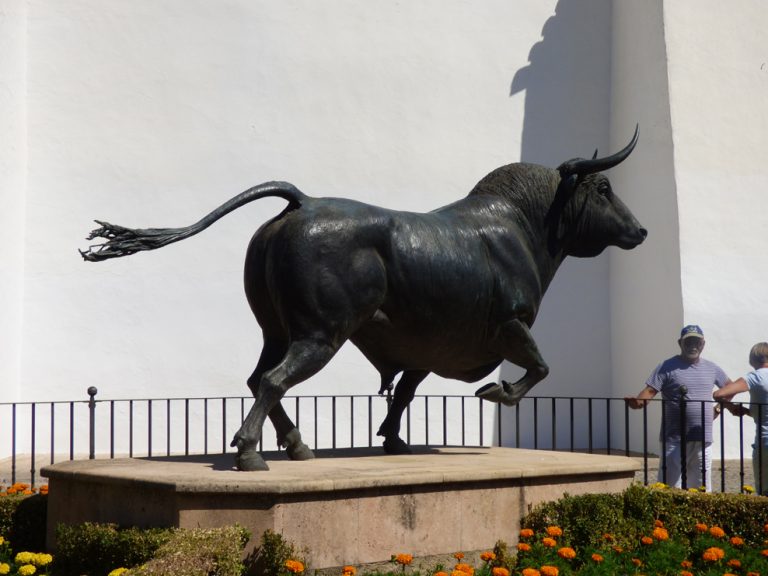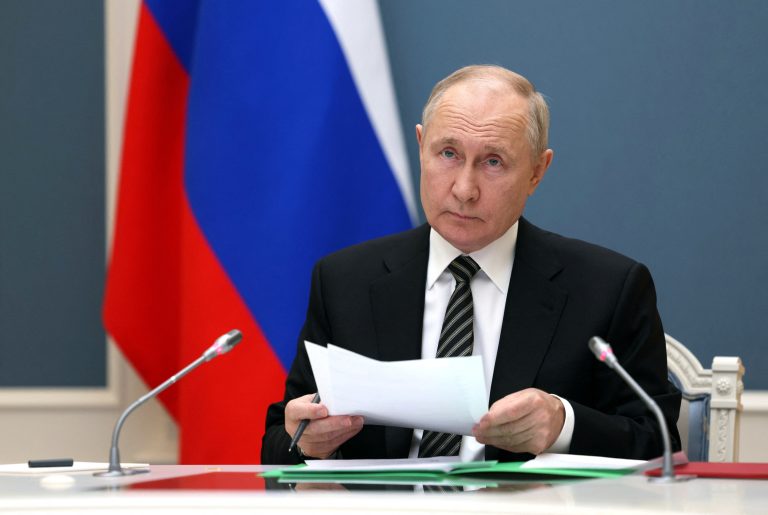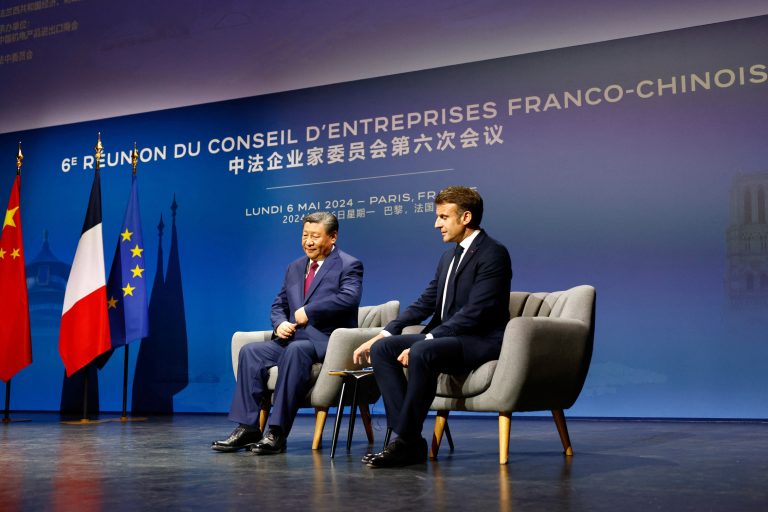In September 2013, Chinese leader Xi Jinping highlighted the importance of spreading propaganda overseas and presenting a positive perspective on the Chinese Communist Party (CCP) to the international community. China’s influence has steadily been increasing throughout the world, such as in Italy, where CCP narratives frequently appear in news publications.
In 2019, Italy became the first G7 country to join China’s Belt and Road Initiative (BRI). The partnership was celebrated by premiering “Xi Jinping’s Classical Quotes” on Mediaset, Italy’s largest commercial broadcaster. The video series was also published on Cinitalia, a bilingual-language media magazine and multimedia outlet developed specifically for the Italian market by Beijing-owned China Media Group.
CCP propaganda is published by some of the leading Italian media outlets:
- Italian newspaper “Il Giornale,” owned by former Prime Minister Silvio Berlusconi, published an article on Jan. 28, 2021, praising the local Wuhan and national government for bringing the city back to normalcy after the (Coronavirus Disease 2019) COVID-19 outbreak. The article failed to mention evidence that the pandemic originated from Wuhan. In addition, a May 9 article suggested that reports of the Uyghur genocide in China were manipulated media aimed at furthering U.S. foreign policy ambitions.
- National newspaper “Milano Finanza” published an article on April 7 venerating China for its fight against poverty. While the CCP claimed to have eradicated poverty, in reality, the regime lowered the poverty line to an arbitrary number of $2.30 per day, just 40 cents higher than the lowest World Bank poverty line of $1.90. However, China is an upper-middle-income country with an actual poverty line of $5.50.
In addition, the National Associated Press Agency (ANSA) publishes several Italian articles from the state-run Xinhua agency every day. In February 2020, the U.S. State Department indicated that Xinhua is a foreign government functionary, “subject to similar rules as diplomats stationed in the United States,” according to The New York Times.
In May 2021, the International Federation of Journalists (IFJ) published a report, “The COVID-19 Story: Unmasking China’s Global Strategy,” revealing that China had begun to offer content to Italian media outlets for free after the COVID-19 pandemic started.
Success
You are now signed up for our newsletter
Success
Check your email to complete sign up
One Italian journalist said, “They asked us to give more space to the New Year’s speech of President Xi Jinping. They gave it to us for free, translated directly into Italian. And we broadcast it, of course, not at the best time.” Another journalist revealed that the CCP tended to offer free news when China was suffering from negative press.
In an interview with Breitbart, Francesco Galietti, a member of Policy Sonar, a think tank in Rome, said that the CCP has infiltrated Italian media “one hundred percent.” He stated that “China’s massive clout in Italy has more to do with elite capture than with the people, who remain largely hostile vis a vis China.”
Galietti claimed that former Italian Prime Minister Giuseppe Conte worked to develop closer ties with China. However, the current Prime Minister who assumed office in February this year, Mario Draghi, will not be sending Xi Jinping the “imperial tributes that he was entitled to with Conte.”
China’s International propaganda schemes
A report published by the National Endowment for Democracy in February 2021 detailed the CCP’s efforts to shape media content around the world by leveraging censorship, influence, disinformation, and propaganda over key information flow nodes. Rather than simply focusing on “telling China’s story,” Beijing sought to undermine democratic ideals.
“Their sharper edge often undermines democratic norms, erodes national sovereignty, weakens the financial sustainability of independent media, and violates local laws. No country is immune: the targets include poor and institutionally fragile states as well as wealthy democratic powers,” the report stated.
A survey mentioned in the IFJ’s “COVID-19 Story” report, conducted among 54 journalist unions from 50 nations, discovered that many of the unions observed a spike in Chinese influence on their media. In fact, “The percentage of nations reporting China to have a visible presence in their media ecosystems was up from 64 percent to 76 percent in a year.”
In an interview with VOA, Jeremy Dear, IFJ’s deputy general secretary, stated that Beijing had exploited the pandemic in past months to paint a positive picture of China.
“What we’re seeing here is a very centrally directed narrative, whether it’s about the Belt and Road Initiative, whether it’s about coronavirus, whether it’s about the Uyghurs, whether it’s about the South China Sea. All of these issues that are politically or economically important to China,” he said to the media outlet.
“That’s why journalism is so important. It doesn’t just accept what any government says. It asks questions of that government. It gets other points of view,” Dear said.
















